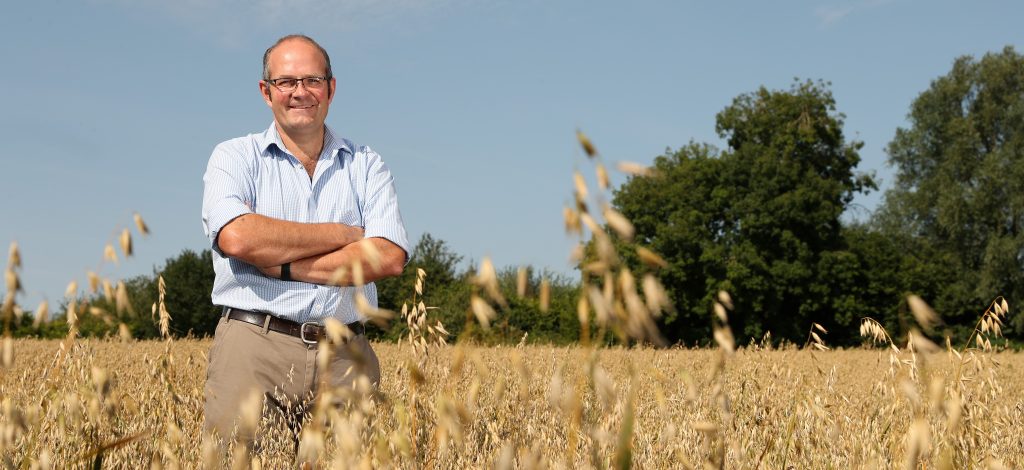The latest EAT-Lancet report has been officially published, emphasizing the urgent need to create a “healthy, sustainable and just food system.”
The report outlines a transformative vision for our global food systems. According to its findings, such a transformation “could lead to a less resource-intensive and labour-intensive food system” capable of providing a healthy diet for an increasing global population of 9.6 billion people. Remarkably, it predicts that this shift would result in only “modest impacts” on average food costs.
Furthermore, the report advocates for significant changes in food production, calling for a 33% reduction in ruminant meat production compared to 2020 levels. In contrast, it recommends a 63% increase in the output of fruits, vegetables, and nuts. These changes are essential to create a food system that is not just efficient but also sustainable.
In addition to improving food accessibility, the report asserts that a transformation of food systems would “substantially reduce environmental pressures on climate, biodiversity, water, and pollution.” This highlights the interconnectedness of dietary choices and environmental health.
Tom Bradshaw, the president of the National Farmers’ Union, responded positively to the report. He stated: “The British farming industry is recognised as one of the most efficient and sustainable on the planet; one that is committed to producing food to high environmental and animal welfare standards.” He highlighted the continuous innovation within the sector aimed at improving efficiency, enhancing biodiversity, managing soil health, and reducing emissions across all farming sectors.
Bradshaw emphasized the sustainability of UK livestock and dairy systems. “Our cattle are fed predominantly grass-based diets, and we carefully manage our grasslands to store huge amounts of carbon. The result is that UK beef production emissions are at half the global average, dairy more so, and agriculture is responsible for just 11% of UK greenhouse gas emissions.” This illustrates the potential for UK agriculture to contribute to a more sustainable food system.

Building on this notion, Bradshaw pointed out that “when it comes to healthy, sustainable diets, we believe in empowering people to make informed decisions about what they choose to eat.” He emphasized the importance of balance and moderation, urging consumers to seek homegrown food options. This includes a diverse range of products — from red meat, eggs, and dairy to fruits, vegetables, cereals, and legumes, all of which provide essential nutrients such as protein, iron, and vitamin B12.
However, Bradshaw warned that challenges persist. “Producing food is becoming harder due to the current geopolitical tensions and vulnerability of global food supply chains,” he explained. Extreme weather conditions and climate unpredictability further exacerbate these difficulties. Consequently, confidence in the market remains low, plagued by price volatility, uncertainties about the future of environmental schemes, and potential changes to inheritance tax.
Despite these challenges, Bradshaw sees significant growth opportunities on the horizon, largely driven by a growing global population. “We need the Government to back British farming,” he asserted. “As the EAT-Lancet report lays out, they should demonstrate greater cross-departmental collaboration to deliver coordinated policies. Such policies can help build resilience, profitability, and productivity in the farming sector, allowing farmers to make vital investments.”
Ultimately, he believes that these measures will enable the agriculture industry to continue producing more sustainable and climate-friendly food for the nation while also contributing to global food security. “We can export food that is nutritious and affordable, which aligns with our domestic environmental targets and supports national food security.”
“This isn’t about lecturing people on what they should eat. It’s about building food systems that work for both people and planet.”
In further discussions about sustainability, Professor Chris Hilson from the University of Reading remarked on the critical role of food choices in combating climate change. “When we talk about tackling climate change, most people think about switching from coal and oil to wind and solar power. But this report shows that what we eat is just as vital.” He highlighted the urgent need to address the negative impacts of current food systems, which contribute to climate warming, species loss, water pollution, and soil depletion.
Moreover, Professor Hilson pointed out that the unique focus of the EAT-Lancet report is its commitment to fairness. He stated, “When expert advice often gets dismissed as out-of-touch, it puts people front and centre.” Any changes to food production and consumption must ensure that farmers can thrive. Additionally, it is important that everyone can afford nutritious meals, ensuring that no community is left behind.
Ultimately, as Hilson concluded, “This isn’t about lecturing people on what they should eat. It’s about building food systems that work for both people and planet.” The need for an inclusive approach to food systems is now more pressing than ever.




